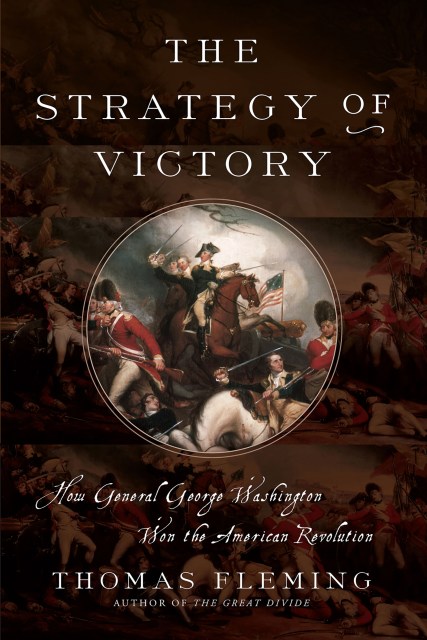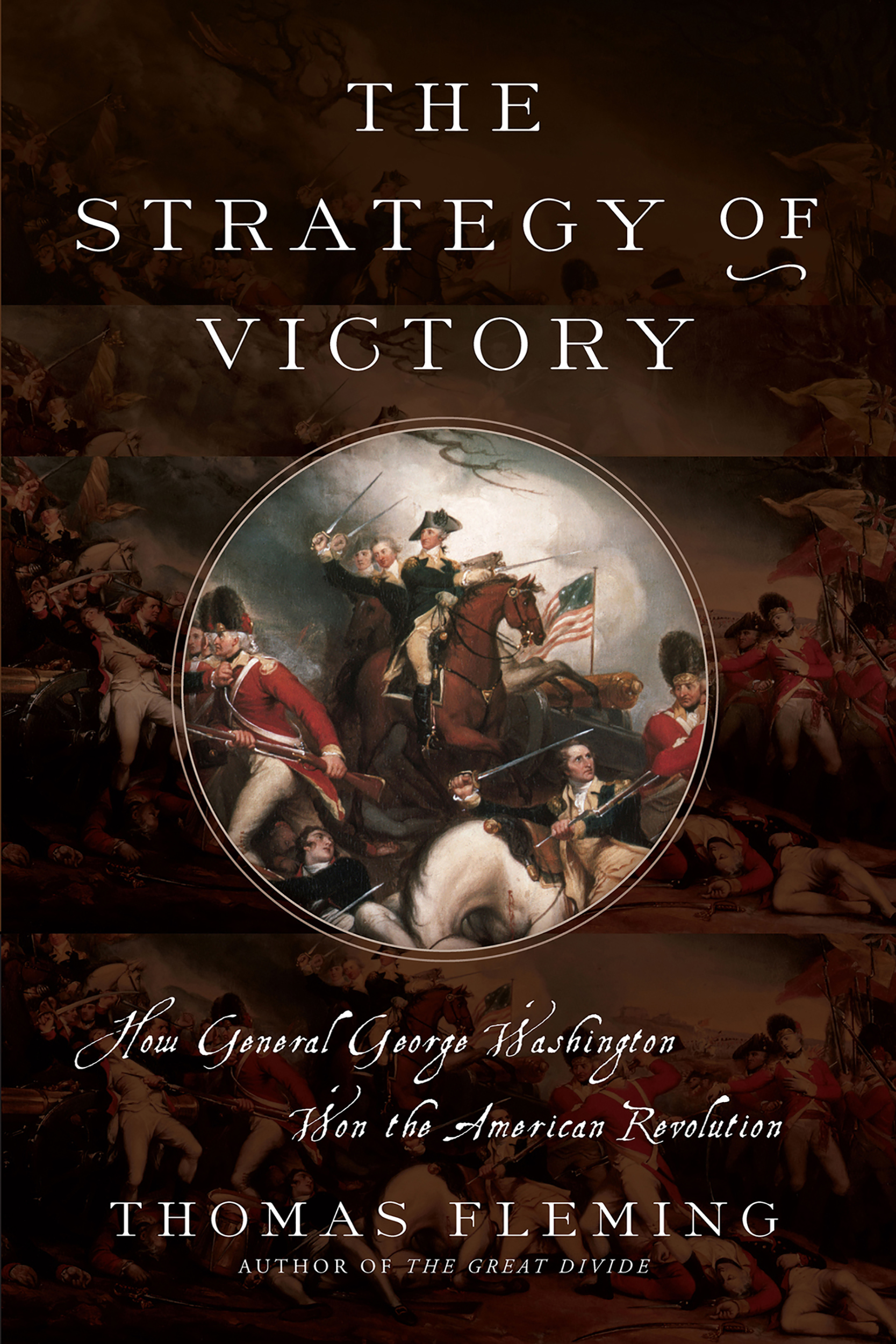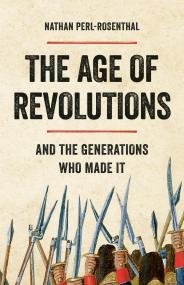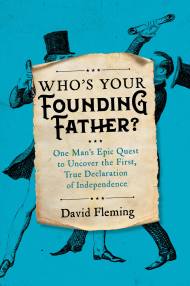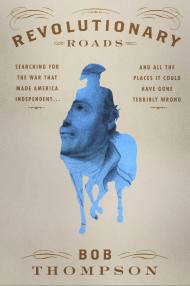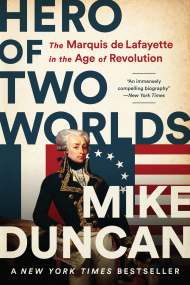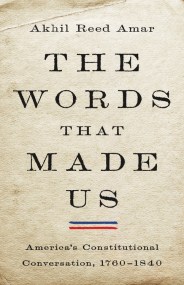The Strategy of Victory
How General George Washington Won the American Revolution
Contributors
Formats and Prices
Price
$18.99Price
$22.99 CADFormat
Format:
- ebook $18.99 $22.99 CAD
- Hardcover $28.00 $36.50 CAD
- Audiobook Download (Unabridged)
Also available from:
Led by the Continental Congress, the Americans almost lost the war for independence because their military thinking was badly muddled. Following the victory in 1775 at Bunker Hill, patriot leaders were convinced that the key to victory was the home-grown militia — local men defending their families and homes. But the flush of early victory soon turned into a bitter reality as the British routed Americans fleeing New York.
General George Washington knew that having and maintaining an army of professional soldiers was the only way to win independence. As he fought bitterly with the leaders in Congress over the creation of a regular army, he patiently waited until his new army was ready for pitched battle. His first opportunity came late in 1776, following his surprise crossing of the Delaware River. In New Jersey, the strategy of victory was about to unfold.
In The Strategy of Victory, preeminent historian Thomas Fleming examines the battles that created American independence, revealing how the creation of a professional army worked on the battlefield to secure victory, independence, and a lasting peace for the young nation.
-
"[A] giant of the literature of American history...Thomas Fleming has created a detailed account of the shifting strategic thinking of George Washington as the commander of the Continental Army...Expertly crafted...Entertaining."Roanoke Times
-
"Fleming, who died last July after celebrating his 90th birthday, was the kind of writer who made other writers feel lazy and shiftless...This volume, composed near the end of his ninth decade, is a fitting capstone to a remarkable career...It is an idiosyncratic treatment which celebrates certain key events while passing over others with a quick wave of the pen. Yet it offers great pleasures...Fleming's prose shines."Washington Independent Review of Books
-
New York Journal of Books
"Fleming to his credit approaches strategy not from the abstract, theoretical perspective of some international relations scholars, but instead from the perspective of an historian analyzing facts and circumstances at specific times in specific places." -
"Describing him as a 'thinking general,' Fleming follows Washington on the long campaign from north to south battling his own politicians almost as much as the Royal Army."Milwaukee Shepherd Express
-
"There's a lot to like in Thomas Fleming's Strategy of Victory...The book abounds in interesting factoids."San Francisco Book Review
-
"[A] fascinating military history from cover to cover, thoroughly accessible to lay readers and historians alike...Highly recommended especially for public and college library collections."Midwest Book Review
-
"An outstanding example of a short, comprehensive and original discussion of a complicated issue, distilling its essential points into a readable and fascinating tale."Galveston County Daily News
-
"This is classic Fleming, lively and readable and unabashedly pro-George Washington and the American founding. Yet it illuminates the conflicts within the Revolution and debunks several cherished American myths at the same time."PJ Media
-
"In a strong narrative, Fleming illustrates that Washington understood well the need to keep the Continental army alive versus seeking defeat of the British in decisive battle. For as long as the Continental army survived, the British could never claim victory...Fleming does a fine job of showing just how low 'the lows' were for Washington when he was defeated and how fleeting the highs could be."H-Net
-
"Fleming does a masterful job of depicting Washington as a general who learned from his mistakes and changed his strategy in the middle of the war...Fleming's book is an excellent analysis of Washington's expert handling of the American war effort during the American Revolution."Collected Miscellany
-
"There is something special about a book whose author is so at home with the characters and so steeped in the material that the story flows like a conversation between friends around a warm fire...The Strategy of Victory, sets the reader in that neighboring fireside chair...The author's clean, flowing style and his command of detail make The Strategy of Victory a pleasure to read...The Strategy ofVictory is a must-read for Revolutionary War buffs and is also an excellent introduction for those just discovering the subject. Draw up a chair beside the fire and listen to this masterful storyteller."American Spirit
-
"Fleming's work is insightful. It gets right to the heart of Washington's actions in a passionate argument of his virtues as a leader. The author is a leading authority on Washington and this period of American history. His clear language and thoughtful ideas succeed in getting his message across and make this book a pleasure to read. It gives the reader an understanding of the reasons George Washington is considered the father of the United States."Military Heritage
-
"Fleming tells the story well....He emphasizes that Washington was an instinctively aggressive commander, and had to learn the hard way how to pursue an 'indirect' strategy."Thomas Ricks, New York Times Book Review
-
"The Strategy of Victory provides a good summary of Washington's strategy and through it the birth of the Army...A quick and easy read."On Point (The Journal of Army History)
-
"[A] concise military history of the American Revolution...Students of the war will find much that is informative to their greater understanding of the conflict."The Historian
- On Sale
- Oct 10, 2017
- Page Count
- 328 pages
- Publisher
- Da Capo Press
- ISBN-13
- 9780306824975
Newsletter Signup
By clicking ‘Sign Up,’ I acknowledge that I have read and agree to Hachette Book Group’s Privacy Policy and Terms of Use
